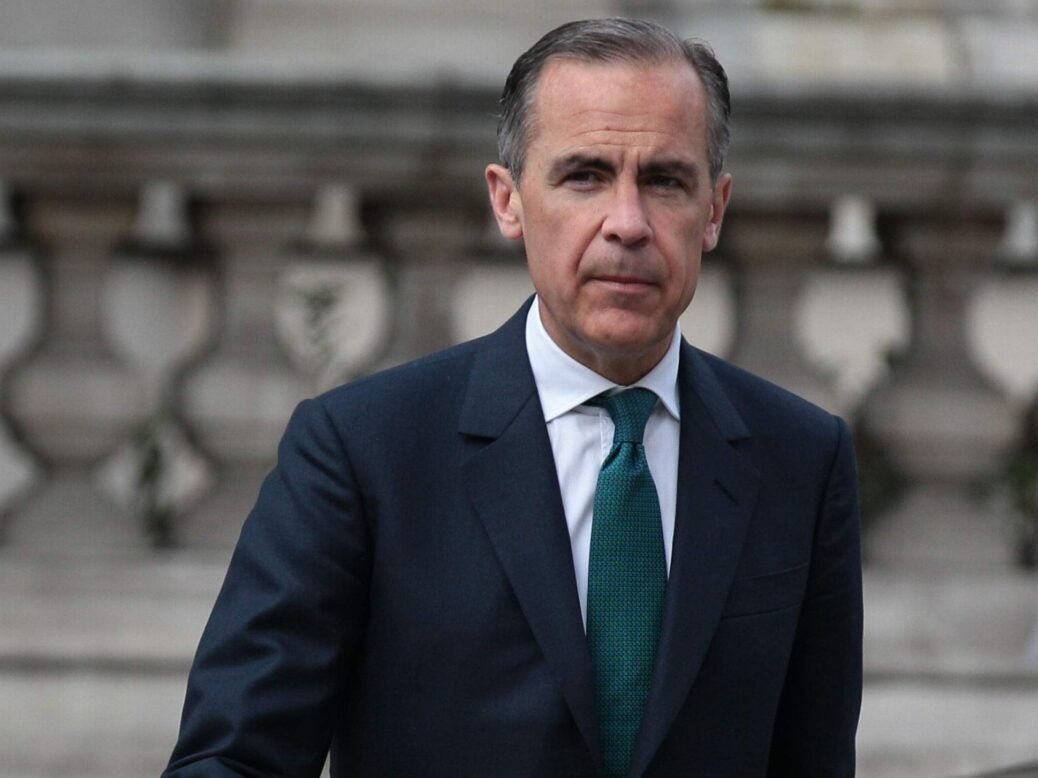
Charlotte Hogg’s resignation leaves a gaping hole in the Bank of England’s succession plan, writes Christopher Jackson
Charlotte Hogg’s resignation from her position as Deputy Governor of the Bank of England throws Mark Carney’s succession plan into a state of flux. But right now, with all the jaw-dropping and eye-popping going on over the manner of her departure, few are thinking about the real consequences of this development.
One person without that luxury is Chancellor Philip Hammond, who – assuming he’s still in post – will be charged with appointing Carney’s successor. When Hogg accepted her position last year it created headlines that she could be the first woman governor in the 321-year history of the Bank. That’s now unlikely: the David Lawses and Peter Mandelsons of this world usually need a few years to bounce back, even from an honourable resignation like the one issued by Hogg this week. But with Carney due to step down in June 2019, the starting pistol has already gone on finding one of the most important men, or women, in global finance.
In a statement, Carney has already said he ‘deeply regretted’ Hogg’s decision. And well he might – every Julius needs his Octavius, and there must surely have been something gratifying in the notion that Carney had not just a natural successor, but a ground-breaking Octavia waiting in the wings.
So who’s left? Well, jokes in The Spectator about the arch-Eurosceptic and doyen of the chat show circuit Jacob Rees-Mogg taking over aside, the Chancellor may feel inclined – as his predecessor George Osborne did with the selection of Carney himself – to consider a bold, external candidate.
Spear’s wonders whether Lord O’Neill of Gatley – coiner of the term BRICs, and for a brief period Commercial Secretary to the Treasury under the second Cameron administration – might be a possible choice. An eminence grise, distinct from the leather-jacket wearing and aristocratic Hogg, and with a venerable record of service at Goldman Sachs, he might well be the calm needed after this storm. However, given his recent departure from ministerial office, he may decline the opportunity to serve in such a political exposed position.
Of course, the government may also wish to opt for an internal appointment – which has historically been the way at Threadneedle Street. Among these, the longest serving is Sir Jon Cunliffe, whose experience as Head of the European and Global Issues Secretariat might prove useful as the country moves into the post-Article 50 unknown. Sir Jon has been outspoken on the need for tighter regulation in the past, and may be the right man to reassure the public after Hogg’s surprising lapse regarding regulations she herself had drafted.
Another eye-catching choice might be the Egyptian-born Dame Nemat ‘Minouche’ Shafik, who is highly qualified. Shafik’s expertise is on regional integration, and gender issues – pertinent topics in these times – and at 36 she was also the youngest Vice President at the World Bank. Shafik will take up her position as the next director of the London School of Economics in September 2017, following Julia Black. It’s not unheard-of for directors to do that job for only a year or so: Black herself is heading out the door after a year in post, as did Dame Judith Rees before her. Perhaps by 2019 Shafik will be looking for the next thing?
If none of these catch the government’s eye, that leaves Ben Broadbent, another qualified, former Goldman Sachs alumnus. The same might be said of Sam Woods – the newest appointment as Deputy Governor – who with his long experience in the Treasury Department, is another possibility, albeit not currently at the front of the field.
Whichever way you look at it, the Hogg resignation has created a problem without an obvious solution: Threadneedle Street will now enter a period of uncertainty as to who will lead it through the wider uncertainty of Brexit. The race is on, and the Hogg affair adds yet another task to the May administration’s mind-boggling to-do list.
Christopher Jackson is Head of the Spear’s Research Unit






